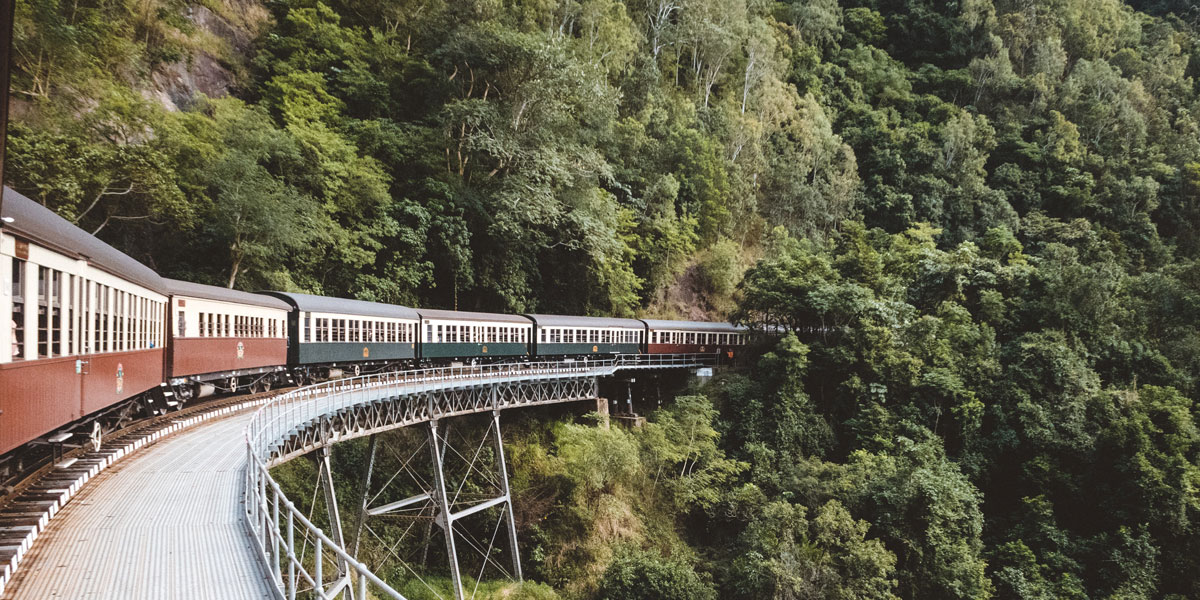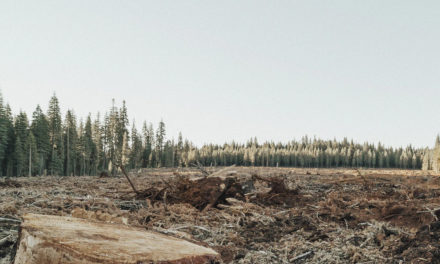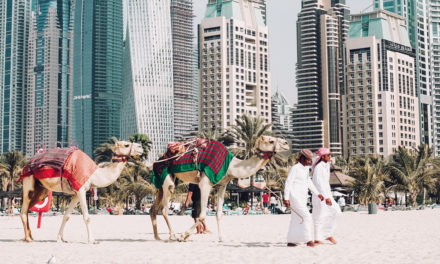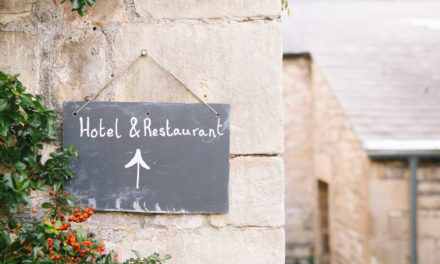In the Netherlands, they say vliegschaamte; in Sweden, it’s flygskam; and in Germany, flugscham. The words all mean “flight shame”, a pang of guilt travellers should experience when they fly knowing they are contributing to climate change. The phrase is used by a small but growing community of anti-flyers who are drastically reducing the number of flights they take or giving up air travel altogether.
Commercial aviation generates about three per cent of the world’s carbon emissions and is mainly generated by burning jet fuel. Due to COVID-19, the International Air Transport Association said in April global flight numbers were down by 70 per cent compared to the same time last year, but scientists predict that the slowdown will likely be short-lived.

With passenger numbers set to double by 2030, experts pinpoint flying as the most destructive form of travel and say there must be “rapid, unprecedented change” to our lifestyles to avoid climate catastrophe. So as air passenger numbers continue to grow, so too does the debate around the ethics of air travel. How do we stay connected in a world with interwoven economies, dispersed loved ones and a need for unravelling in exotic landscapes?
Read also: Human-Induced Climate Change Threatens Animal Migration
Michael Karr, a former editor of the Telegraph’s travel section who now runs a website called Deskbound Traveller, says that it helps to know your environmental damage to better understand your contribution to global carbon emissions. An economy-class return flight from London to New York, for example, emits an estimated 0.67 tonnes of CO2 per passenger, according to a UN aviation agency. That’s equivalent to 11 per cent of the average annual emissions for someone in the United Kingdom, or about the same carbon emitted in the span of a year by someone living in Ghana.
“You can’t make others feel shame, it’s personal,” said Karr, who is a part of the no-fly movement. “Not only was I flying, but my readers were also booking trips after reading my pieces,” said Karr, who decided to stop travelling by air for his work last year. He said his commitment to staying grounded grew from the shame of realising the culmination of the carbon footprint he was contributing to.

Similarly, in Sweden, flygskam made way for tagskryt, or “train bragging”. A Facebook group, called “Tagsemester”, which now has over 110,000 members, helps provide travel advice for those trying to cut back on flying by using environmentally friendlier and slower transportation methods like trains or bicycles.
The online community was started by Swedish entrepreneur Susanna Elfors in 2014.
“I wanted to fly less because it’s so devastating for the climate and the environment,” Elfors said. “I was always interested in sustainability, so I started the group.” Now, Elfors says, “you can brag about doing something positive.”
Two years later in 2016, young climate activist Greta Thunbergs’s mother, Malena Ernman, famously made the commitment to give up flying after Thunberg placed pressure on her to do more to tackle climate change. As Thunberg continued her protests, famously sailing across the North Atlantic twice to avoid flying, she gave a global spotlight to the anti-flying movement.
According to Reuters, in December, domestic travel reportedly fell by seven per cent and overall traffic was down four per cent in Sweden. This growing resistance to aviation has reinvigorated rail travel and made tagskryt a word that people use to go from despair to hope, Elfors told Truly Belong.

As the global lockdown due to COVID-19 resulted in clearer skies and less polluted air, Elfors considers this change a rehearsal for the long-run when more people are ready to address aviation’s climate impact. She suggests curbing potential flight emissions by vacationing closer to home, using the train and combining vacations and business trips. “It’s more of a journey, you can experience things on your trip, and you will feel the travel in your body in another way. You won’t be jet-lagged. It’s a different experience.”
Read also: Overlooking the Pandemic, Home Has Taken on a New Meaning for Some
In addition to knowing your carbon footprint, Paul Chatterton, a professor of urban futures at the University of Leeds, insists that the middle class also needs to step up. After acknowledging his class privilege, Chatterton hasn’t own since 2004. “I have to practice what I preach,” he said in an interview with the BBC.

“I think every academic has to justify why they are flying to that particular ‘must-go’ conference. If we have something really important to say, say it in a different way,” said Chatterton, who travels to conferences in Europe by train instead.
“One of the privileges of being a middle-income professional — and this is a direct plea to other middle- income professionals — is that you can negotiate with your boss and you have a bit more money to get the train,” he said.
This not only allows individuals to take responsibility for their own carbon footprint, but also places the onus on employers and corporations to nd a more eco-friendly form of operating their businesses.
London-based Wholegrain Digital, which develops websites for ethically minded organisations, is one example of a company that has joined a version of the flight shaming movement. Wholegrain Digital offers its employees perks for ditching air travel by offering at least two days per year of paid time off for employees who use buses, trains, boats or carpools to go on holiday, rather than flights or solo car journeys.
Some corporations like KLM Royal Dutch Airlines are also taking accountability and setting an example for what companies can do. In an open letter, KLM invited all air travellers to take “responsible decisions about flying.”
KLM also admitted that “aviation is far from sustainable today, even if we have been – and are – working hard to improve every aspect of our business.” The airline suggested that its potential customers travelling for business avoid ying by making use of video conferences or taking the train. On their website, KLM also advises its passengers to pack light and encourages companies to think about ways to compensate for their emissions.

Incorporating carbon offsetting schemes to your air travel is one way of doing that. These schemes allow individuals and companies to invest in environmental projects around the world in order to balance out carbon footprints. The projects are usually based in developing countries and are commonly designed to reduce future emissions. A project, for example, might involve rolling out clean energy technologies or soaking up CO2 from the air by planting trees.
For high emitting activities like flying, travellers or their companies can also visit an offset website, use the online tools to calculate the emissions of their trip, and then pay the offset company to reduce emissions by the same amount – thus making the flight “carbon neutral”.
However, many offsetting companies like Carbonfootprint.com acknowledge that more needs to be done. “Climate change will only be addressed if individuals, businesses and government organisations all take responsible steps to reduce our CO2 emissions as much as possible and then offset the remaining unavoidable emissions,” their website states.

For Elfors, the mission to make people feel good about flying less and making more environmentally cautious choices continues. “[When] you feel bad for doing something that is not good… you can change your habits and do something good.”
This story first appeared in the 2021 print issue of Truly Belong under the title “Advice From Wingless Wanderers.”
- Travellers are Rethinking Flying as Flight Shaming Takes Off - 1st March 2021
- Oxford-Backed Project Connects Partition Survivors to Their Ancestral Homes - 22nd February 2021
- Helping Your Own: A Young Aslyum Seeker Explains the Importance of Volunteering in the COVID Era - 7th September 2020






